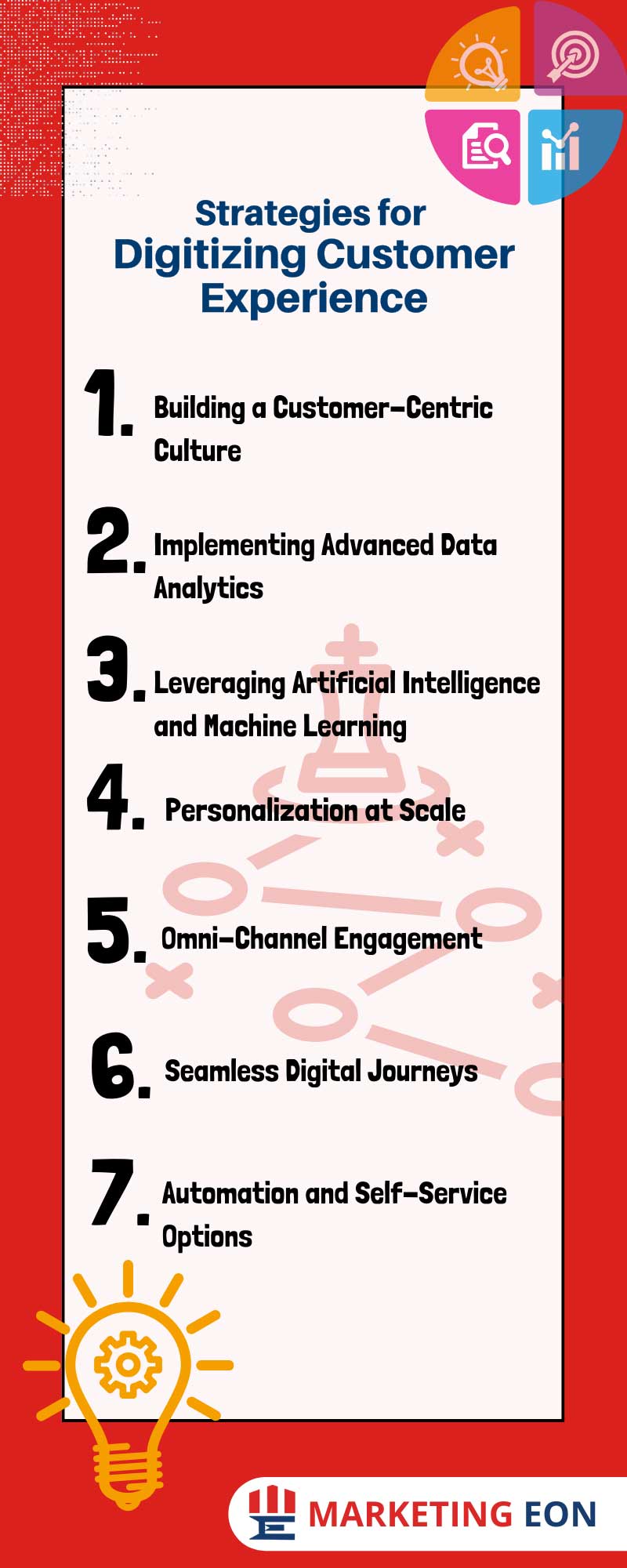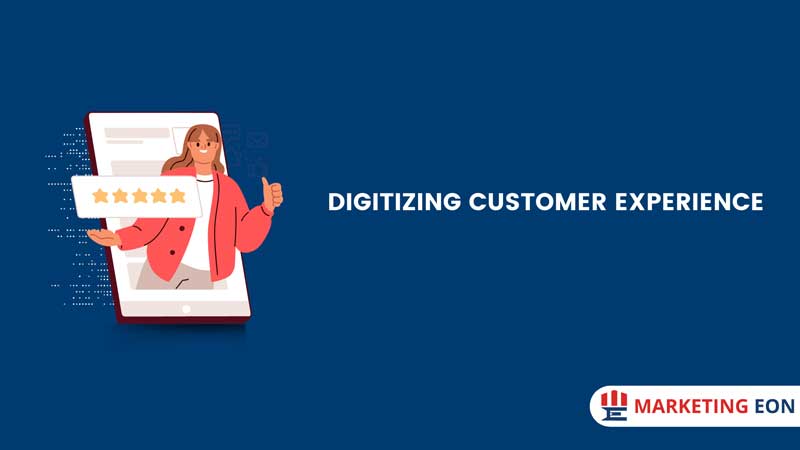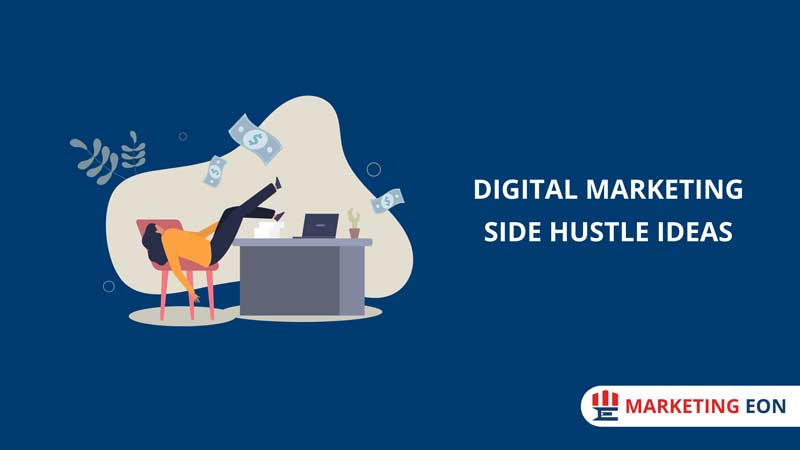Are you curious to know about digitizing customer experience?
Yes, you are at the right place.
In today’s hyperconnected world, businesses must adapt to meet their customers’ evolving expectations. Digitizing customer experience has emerged as a critical strategy for staying competitive and relevant. Today, I will cover everything you should know, from digitizing customer experience, its significance in contemporary business landscapes, strategies for implementation, challenges, and potential future trends.
What is customer experience?
Customer experience refers to everything an organization does to deliver superior customer experiences, including awareness, discovery, purchase, use, and advocacy.
It encompasses every touchpoint and communication between the customer and the brand. Essentially, it’s the customer’s perception of a brand based on these interactions.
Technological advancements and better communication mechanisms are evolving customers’ expectations. Today, consumers expect more than quality products or services; they demand seamless, personalized, and convenient experiences across all digital and physical channels. This shift in expectations has led to the concept of digitizing customer experience.
The Significance of Digitizing Customer Experience
Customers now expect businesses to know them, understand their needs, and anticipate their preferences. They expect personalized recommendations, effortless transactions, and immediate responses to their queries. Digitizing customer experience is essential to meet these demands.
1. Competitive Advantage
Businesses that invest in digitizing customer experience gain a significant competitive advantage. They stand out in crowded markets, attract more customers, and retain them for extended periods. A seamless digital experience can become a unique selling proposition.
2. Enhancing Customer Loyalty and Retention
Loyal customers are more valuable than ever. Digitizing customer experience fosters loyalty by making interactions smoother, anticipating customer needs, and rewarding loyalty through personalized offers and incentives.
3. Data-Driven Decision-Making
Digitizing customer experience generates vast amounts of data. Businesses gain insights into customer behaviour, preferences, pain points, and opportunities by analysing this data. These insights drive informed decision-making, leading to continuous customer experience improvement.
Strategies for Digitizing Customer Experience
1. Building a Customer-Centric Culture
Digitizing customer experience starts with a customer-centric mindset. Every department, from marketing to product development, must prioritize customer needs and align its efforts with improving the customer journey.
2. Implementing Advanced Data Analytics
Advanced analytics tools help in processing large volumes of customer data. As a result, businesses are trying to utilize the data to forecast customer behaviour and how they react towards their brands.
3. Leveraging Artificial Intelligence and Machine Learning
AI and ML technologies enable automation, personalization, and chatbots for better customer interactions. They can also assist in predicting and preventing issues before they impact customers.
4. Personalization at Scale
Personalization goes beyond addressing customers by their first names. It involves tailoring recommendations, content, and offers based on individual preferences and behaviours.

5. Omni-Channel Engagement
Customers expect a consistent experience across all channels, whether website, mobile app, social media, or in-store. Integrating these channels ensures that customers receive a unified brand experience.
6. Seamless Digital Journeys
Eliminating friction points in the customer journey is crucial. This includes optimizing website and app usability, simplifying checkout, and ensuring quick load times.
7. Automation and Self-Service Options
Providing self-service options, such as chatbots and FAQs, helps customers to find their desired solutions much quicker without human intervention. This not only enhances efficiency but also empowers customers.
Challenges in Digitizing Customer Experience
1. Data Privacy and Security
Collecting and storing customer data comes with significant responsibilities. Companies must ensure data privacy and security to build and maintain customer trust.
2. Integration of Legacy Systems
Several businesses still depend on legacy systems that don’t easily integrate with modern customer experience tools. Migrating or adapting these systems is a complex and costly challenge.
3. Talent Gap
Finding and retaining talent with expertise in customer experience, data analytics, AI, and other relevant fields can be challenging, as these skills are in high demand.
4. Managing Customer Expectations
As customer experience improves, customer expectations tend to rise. Businesses must strike a balance between meeting these expectations and not overpromising.
5. Balancing Automation with Human Touch
While automation improves efficiency, human interactions remain vital, especially in complex or emotionally charged situations. Finding the right balance is essential.
The Future of Digitizing Customer Experience
1. Virtual and Augmented Reality
I believe that VR and AR have the potential when it comes to revolutionizing and digitalizing customer experience. For example, retailers can offer virtual try-ons, enhancing the online shopping experience.
2. Voice and Conversational Interfaces
Voice assistants like Siri and Alexa are becoming integral to customer experience. Businesses can use them to provide information, answer queries, and even handle transactions.
3. Hyper-Personalization
Customer experience personalization will become even more sophisticated. AI will analyze extensive customer data to make recommendations and predictions with unprecedented accuracy.
4. Predictive Analytics
Anticipating customer needs will be a standard practice. Predictive analytics will help businesses proactively address issues and offer solutions before customers ask.
Ethical Considerations in Digitizing Customer Experience
As businesses collect more data and use advanced technologies, ethical concerns will arise. Companies will need to navigate these issues while delivering top-notch customer experience.
Conclusion
Digitizing customer experience is no longer optional but imperative for businesses to thrive in today’s digital age. It involves embracing a customer-centric culture, leveraging advanced technologies, and continuously improving customer experience based on data insights. While challenges exist, the benefits of enhanced customer loyalty, competitive advantage, and data-driven decision-making are substantial.
As we move forward, the future of customer experience digitization promises even more exciting developments, pushing the boundaries of what’s possible in delivering exceptional customer experiences. To stay competitive, businesses must not only adapt but also lead in this transformative journey.
You may also read: Hyperlocal Social Media Marketing






